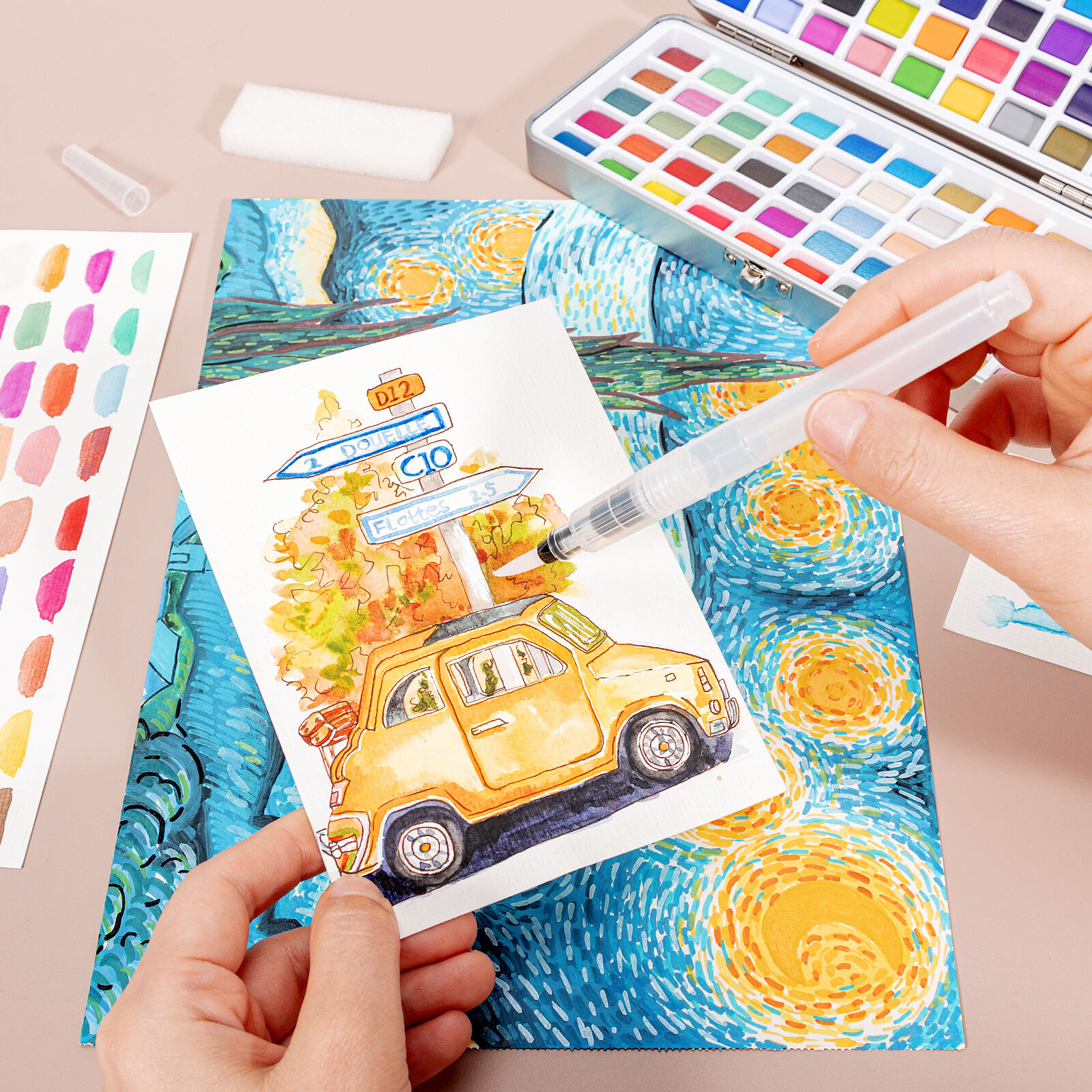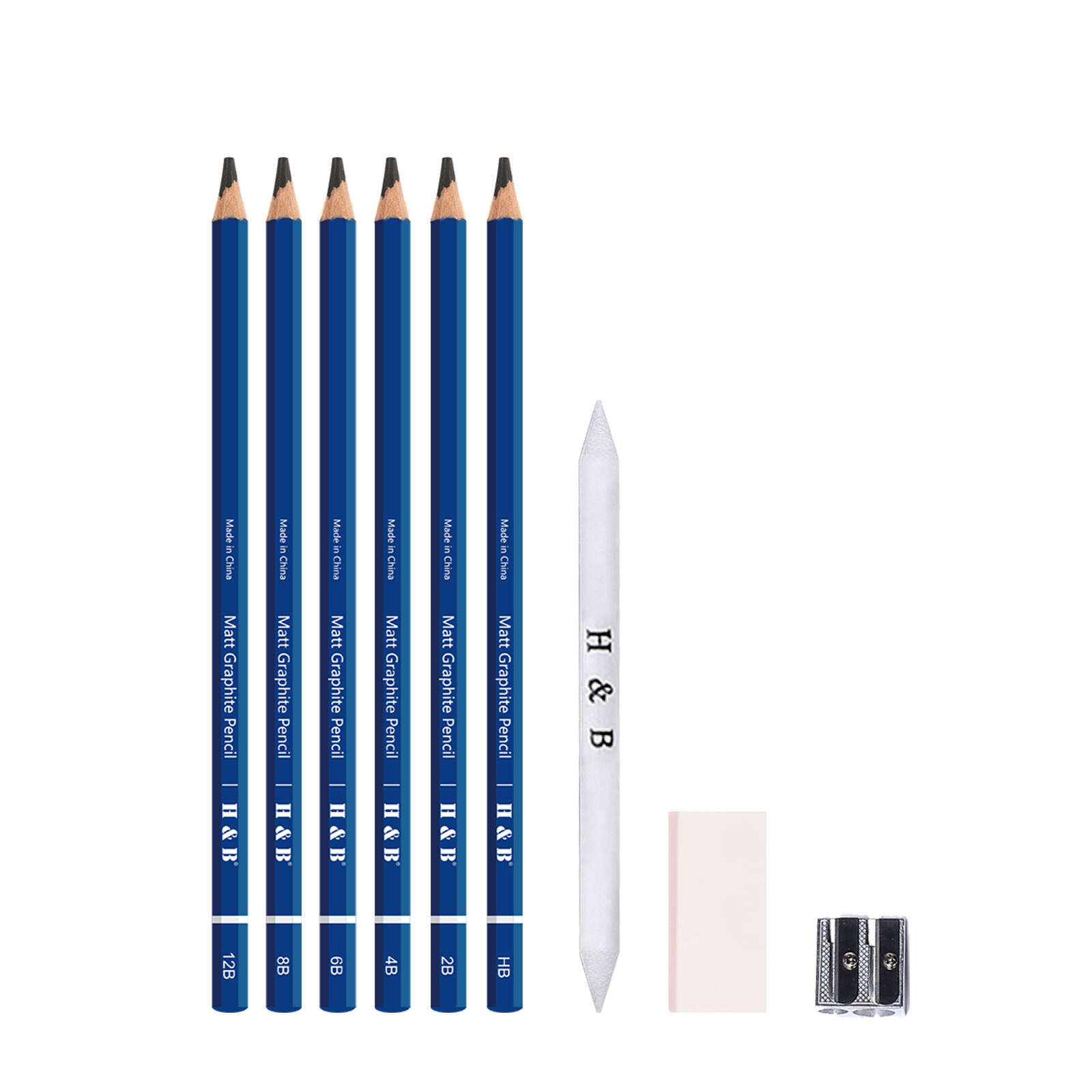charcoal pencil price
Charcoal pencil prices vary significantly in the art supplies market, reflecting the diverse quality levels and features available to artists and sketching enthusiasts. These essential drawing tools typically range from $1 to $20 per pencil, with professional-grade options commanding higher prices due to their superior materials and craftsmanship. The price points are influenced by factors such as the quality of charcoal used, the wood casing material, and the manufacturing process. Entry-level charcoal pencils, perfect for beginners and students, usually cost between $1 and $5, offering decent performance for practice and learning. Mid-range options, priced from $5 to $10, provide enhanced consistency and durability, making them suitable for regular artistic work. Premium charcoal pencils, ranging from $10 to $20 or more, feature high-grade compressed charcoal, precise hardness gradations, and superior wood casings that ensure smooth, controlled strokes and minimal breakage. These price variations reflect the pencils' ability to produce different effects, from soft, velvety shadows to sharp, precise lines, catering to various artistic techniques and preferences.


